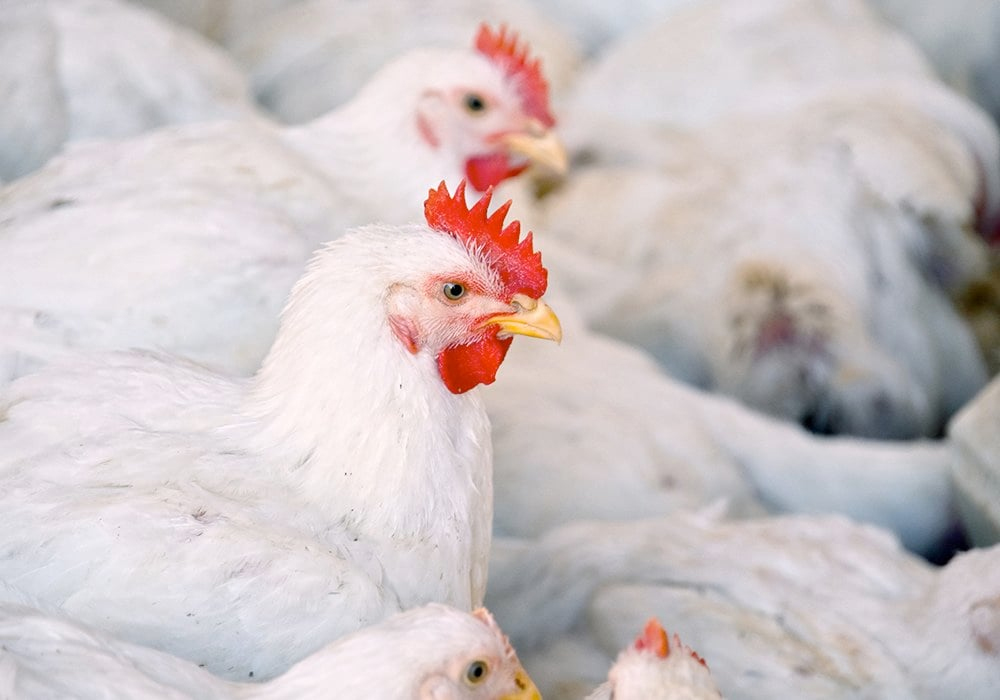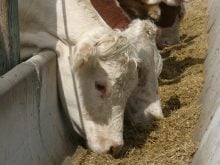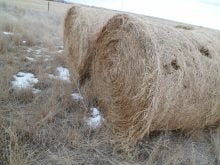Alberta rounded off April in a far better place than it did one year ago in terms of commercial operations with avian influenza infections but producers are still bracing for a return of the highly contagious pathogen.
No cases were found on commercial poultry operations in Alberta last month.
That’s compared to 15 commercial operations that were impacted in April of 2022, a year in which the province saw more than 1.4 million poultry birds euthanized to stem the spread of the infection.
A cooler than normal spring may have delayed bird migration, which has been the focal point in the spread of avian flu, but resident populations of Canada geese and ducks have seen the pathogen present all year.
Read Also

More factors affecting winter weather
When you combine a weak La Niña, early Siberian snow, and a warm northern Pacific, it’s easy to see why long-range winter forecasting is so complex.
With most wild bird migration on its way, Maria Leslie, spokesperson for Alberta Chicken Producers, is advising producers to be vigilant.
“Even though there aren’t cases popping up right now, the risk is still there,” said Leslie.
Whether a backyard flock or commercial operation, bringing birds indoors and reducing possible interactions with wild birds will be key in stemming spread of infections.
“In terms of what our farmers are doing, they are continuing to operate with heightened biosecurity. Last year was hard on the industry and hard on our farmers,” she said. “While we don’t know what’s going to happen this year — it’s all speculation — we’re still operating with a lot of caution.”
Those heightened measures include limiting visitors onto farms, close communications with employees regarding risks, ensuring poultry doesn’t encounter wild birds and keeping farm equipment away from bird congregation points.
“When it comes to avian influenza, we want to ensure there isn’t traffic that can easily be mitigated and not happen that would end up resulting in potentially bringing it inside of a barn,” said Leslie.
The recovery of operations from last year’s bout of bird flu has largely been successful with poultry farms sanitized and restocked. But Leslie added the strains on the mental health of farmers continue.
“In terms of stress and mental health, it can be really challenging when you have any kind of devastation on your farm and you have to go through the process of seeing birds being sick. It’s your livelihood and also something you care about,” said Leslie. “Farmers who were impacted like that, there is definitely some fear.”
Last spring, Alberta and southern Ontario were the hotspots for infected farms, followed by the largest outbreak nationally in British Columbia at the end of the year.
So far in 2023, Quebec has been the hardest hit.
As of the end of April, a dozen commercial operations in Quebec are dealing with active infections and there are another three cases in southern Ontario.
















